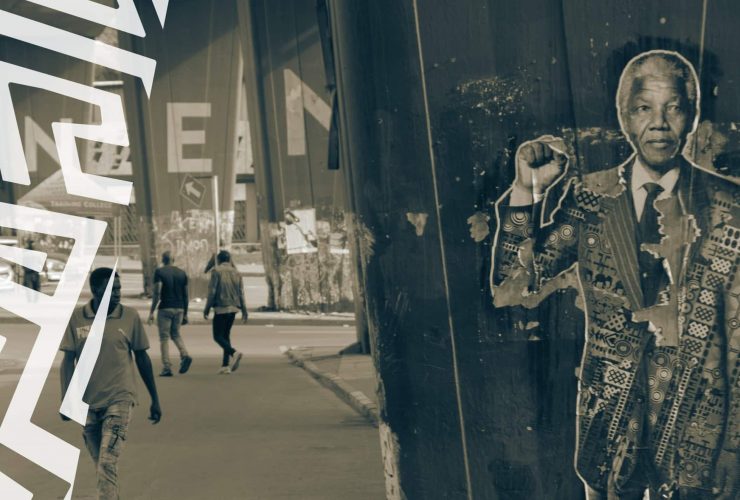Unlocking Shared Value: How B-BBEE and Sustainability Drive Growth for Large Enterprises
For large companies, Broad-Based Black Economic Empowerment (B-BBEE) often presents a complex landscape. However, at BEE123, we see B-BBEE not just as a compliance requirement, but as a catalyst for sustainable growth and long-term value creation. This article explores how aligning B-BBEE with the UN’s Sustainable Development Goals (SDGs) offers a powerful opportunity for South African businesses to address historical inequalities, stimulate economic expansion, and champion environmental sustainability—simultaneously.
Beyond Checkboxes: B-BBEE as a Strategic Sustainability Driver
B-BBEE, designed to rectify the imbalances of apartheid by promoting economic participation for historically disadvantaged individuals (HDIs), is frequently perceived as a regulatory burden. But a significant shift is underway. Forward-thinking companies are realizing that B-BBEE, when strategically interwoven with sustainability initiatives, becomes a foundational element of their business strategy, generating shared value for both the organisation and society. It’s about transcending mere compliance and adopting a holistic approach.
A Shared Vision: B-BBEE and the SDGs
The UN’s 17 SDGs offer a global roadmap for tackling pressing challenges like poverty, inequality, and climate change. These goals resonate deeply with South Africa’s National Development Plan (NDP) Vision 2030, which shares many of the same targets. While South Africa has made progress in aligning national policies, significant work remains, particularly in addressing the interconnected challenges of poverty, inequality, and unemployment. Integrating B-BBEE and the SDGs provides a potent mechanism to accelerate progress.
Key Synergies: Aligning B-BBEE with Specific SDGs
Several SDGs are directly and significantly impacted by B-BBEE initiatives:
- SDG 1 (No Poverty) & SDG 8 (Decent Work and Economic Growth): B-BBEE’s core mission of economic empowerment, through ownership, skills development, and enterprise development, directly contributes to poverty reduction and inclusive economic growth. It’s about empowering HDIs to build wealth and participate meaningfully in the economy.
- SDG 4 (Quality Education): Skills development is a cornerstone of B-BBEE, mirroring SDG 4’s emphasis on equitable access to quality education and training. Upskilling the workforce is critical for boosting productivity and competitiveness in today’s economy.
- SDG 5 (Gender Equality): B-BBEE promotes gender equality by increasing women’s participation in the economic sphere, especially in leadership positions. This aligns with SDG 5’s focus on empowering women and ensuring equal access to opportunities.
- SDG 10 (Reduced Inequalities): B-BBEE’s primary objective is to reduce economic inequality, particularly the racial disparities inherited from apartheid. This echoes SDG 10’s call for reducing inequalities within and among countries. Empowering black-owned businesses and promoting inclusive procurement are essential for bridging the economic divide.
- SDG 13 (Climate Action): Increasingly, B-BBEE is being strategically linked to environmental sustainability. Aligning with SDG 13 incentivizes businesses to adopt green technologies and sustainable practices, contributing to South Africa’s transition to a low-carbon economy.
Enterprise and Supplier Development (ESD): A Catalyst for Inclusive Growth
ESD, a critical component of B-BBEE, fosters the growth of black-owned businesses through mentorship, financial support, and capacity building. This aligns with SDG 8 and SDG 10 by empowering black entrepreneurs to create sustainable businesses and generate employment. Sustainable procurement practices further connect ESD to SDG 12 (Responsible Consumption and Production), creating environmentally responsible supply chains.
ESG and B-BBEE: A Powerful Convergence
Integrating Environmental, Social, and Governance (ESG) principles with B-BBEE creates a robust framework for ethical and sustainable business practices. ESG’s focus on environmental responsibility, social equity, and transparent governance complements B-BBEE’s objectives of economic transformation and social justice. This alignment strengthens market reputation, reduces risks, and attracts responsible investment.
The BEE123 Approach: Driving Meaningful Impact
At BEE123, we’re dedicated to helping businesses align ESG priorities with B-BBEE compliance to drive meaningful transformation. Our initiatives are designed to bridge this critical intersection. From youth employment programs (YES) and projects focused solar installations and waste recycling, to empowering black entrepreneurs in green start-ups through ESD, we embed environmental stewardship and economic upliftment into transformation strategies. We also champion gender equity through leadership development programs for women and promote financial literacy to combat poverty. We empower businesses to move beyond mere compliance and turn transformation into a competitive advantage.
The Way Forward: Collaboration and Commitment
Realizing the full potential of the B-BBEE and SDG partnership requires collaborative efforts from the private sector, government, civil society, and individuals. By adopting transformative practices, businesses can contribute to national objectives while building resilience against future economic and environmental challenges. It’s about creating enduring value for businesses, society, and the planet. We believe that integrating B-BBEE with corporate sustainability isn’t just a responsibility—it’s a strategic imperative for long-term success in an increasingly competitive and conscientious global marketplace.




